34 Courses
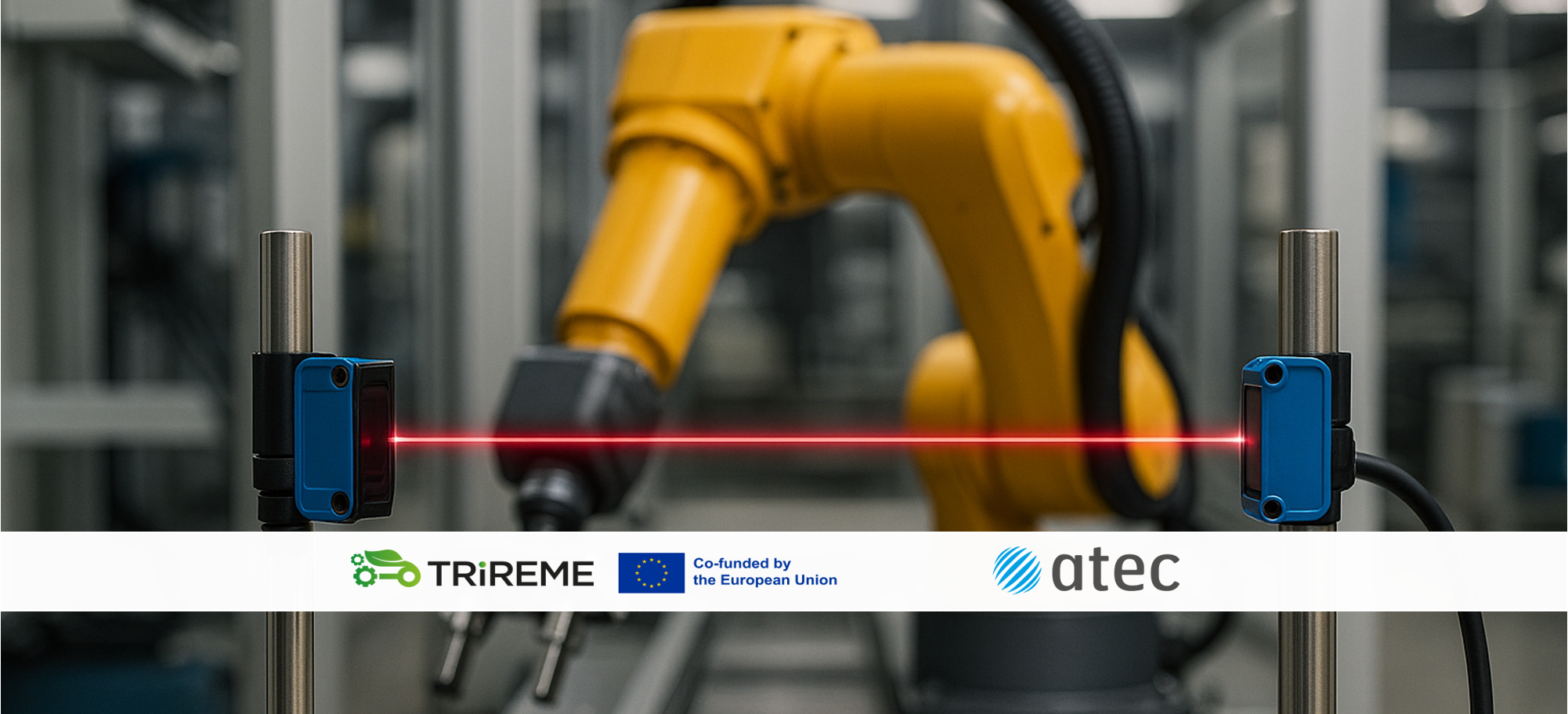
Automotive
Industrial Sensors II
This course builds on foundational knowledge to explore advanced industrial sensors and their integration into automation systems. Covering proximity, position, force/torque sensors, and electrical connections, learners will develop the ability to choose, configure, and evaluate sensors in dynamic and precision scenarios, gaining practical skills for high-performance, safe, and intelligent industrial applications.
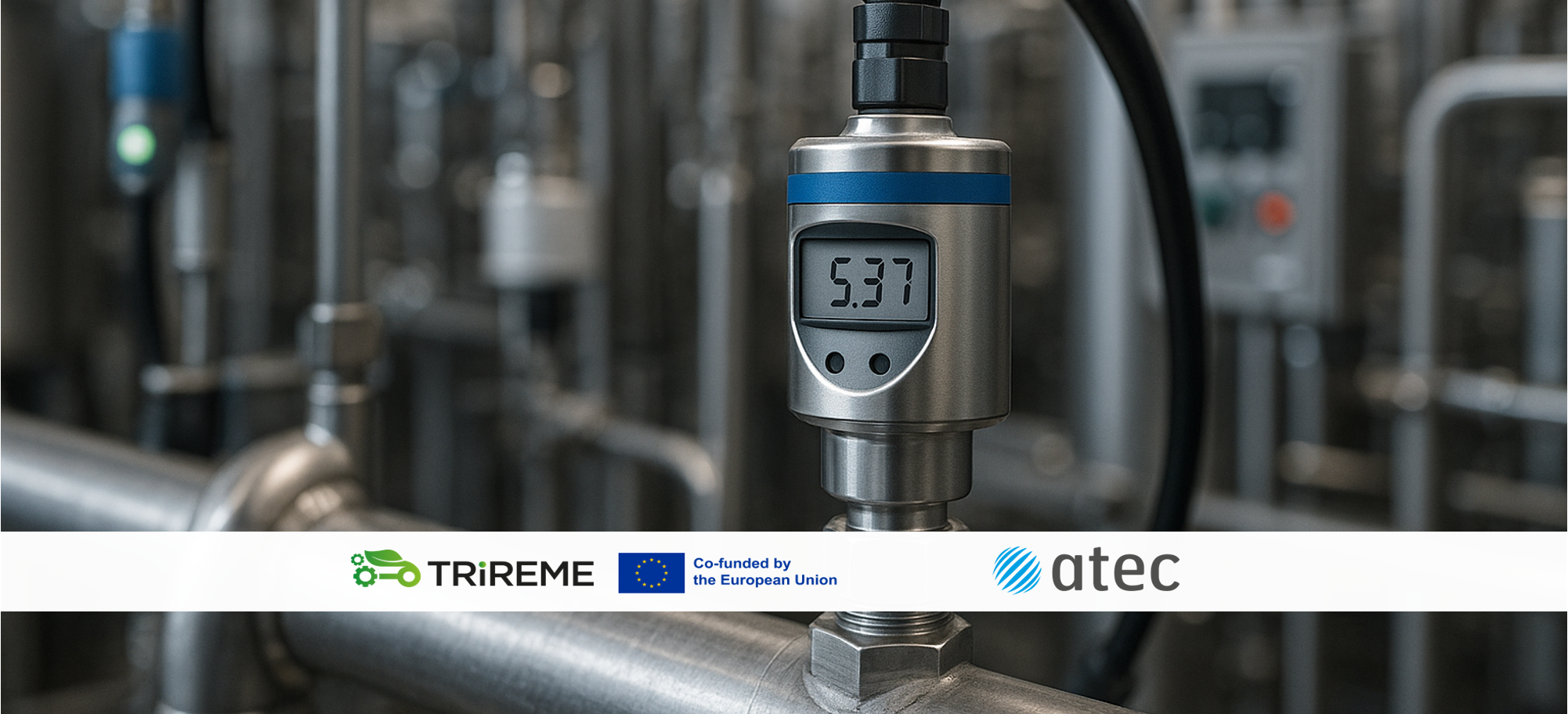
Automotive
Industrial Sensors I
This course offers a practical, structured approach to the fundamentals of industrial sensing, combining core principles with real-world examples and hands-on applications. Focusing on temperature, pressure, level, and flow sensors, learners will explore how these devices operate, compare technologies, and select the most suitable sensors for various industrial processes, building the skills needed to monitor and optimise automation systems effectively.
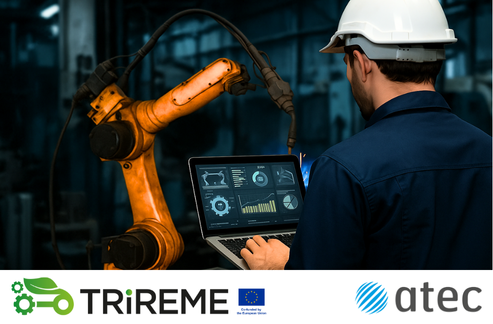
Automotive
Automatism Fundamentals
Modern industry relies on electrical automation to drive productivity, ensure safety, and maintain efficiency across numerous processes. This course provides a hands-on introduction to the core principles of industrial automation, focusing on the interpretation and application of control logic using real-world electromechanical systems.

Automotive
Electricity Fundamentals
Welcome to Electricity Fundamentals, a foundational course designed for learners who want to have a basic understanding of electricity before diving into more advanced technical subjects.

Automotive
Change Management for Automotive-Mobility Transition
Change is the only constant in today’s business ecosystem. The ability to forecast, administer, and execute change is a massive competitive differentiator. This Change Management course attempts to provide a practical, structured framework for managing organizational transformation by integrating accepted theories with practical tools for implementation.

Automotive
Innovation Agent - ISO 56006 Green Mobility
- Step 1: Using Gen AI for Data Analysis and Acquisition
- A set of sub-steps to use a specific analysis pattern and refine sub-questions
- Step 2: Adding Evaluation Criteria
- Step 3: Automatic analysis of trusted source criteria
- Step 4: Review and Selection of Studies and Answers
- Step 5: Extract and present the results to the management

Automotive
Environmental Competence for Managers
This module, developed within the Digital & Green Skills Towards the Future of the Mobility Ecosystem (Trireme) project, explores Environmental Competence for Managers, a crucial capability for modern businesses. It highlights integrating environmental considerations into corporate strategies to enhance sustainability, regulatory compliance, and competitive advantage.
The module examines key components of environmental competence, including knowledge of environmental policies, sustainable resource management, ethical responsibilities, and leadership approaches in environmental decision-making. It underscores the role of competence-based management theories in fostering sustainability and emphasises the integration of ESG (Environmental, Social, and Governance) principles and circular economy strategies into business models.
Challenges in developing environmental competence, such as resistance to change, financial constraints, and lack of expertise, are discussed alongside case studies of corporate environmental failures, including Volkswagen’s emissions scandal and BP’s Deepwater Horizon spill. The document also presents emerging trends, including ESG-driven corporate governance, technological advancements in sustainability, and the growing importance of circular economy principles.
The module concludes with strategic recommendations for business leaders, advocating for mandatory ESG training, adopting AI-driven sustainability analytics, integrating circular economy models, and strengthening regulatory compliance frameworks. By implementing these measures, organisations can enhance resilience, foster innovation, and maintain long-term competitiveness in an increasingly eco-conscious business landscape.
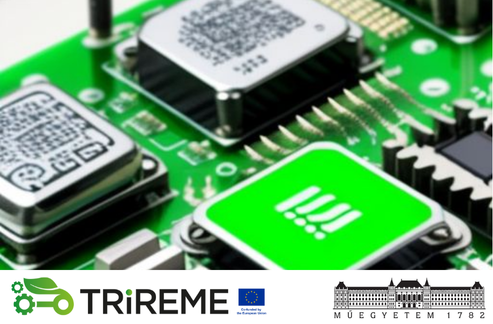
Automotive
Sustainable design, manufacturing and development of e-transportation electronics
The course covers knowledge about materials and technologies relating to electronics technology, including, but not limited to, properties and types of electronics components, manufacturing of printed wire boards (unpopulated boards), assembling (Printed circuit Boards (PCB) - populated), design of PCB’s, also from the sustainability point of view. The course also overviews the other electronics manufacturing technologies, such as thin- and thick-film electronics. Furthermore, the course covers also basic knowledge of smart and green electronic trends and value chain aspects.
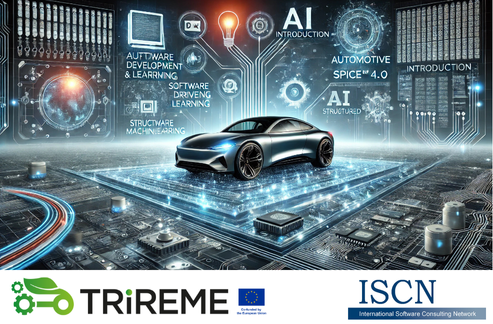
Automotive
Introduction to Automotive SPICE® 4.0
This course gives a brief overview of Automotive SPICE, its structure, application and impact on the organisation.
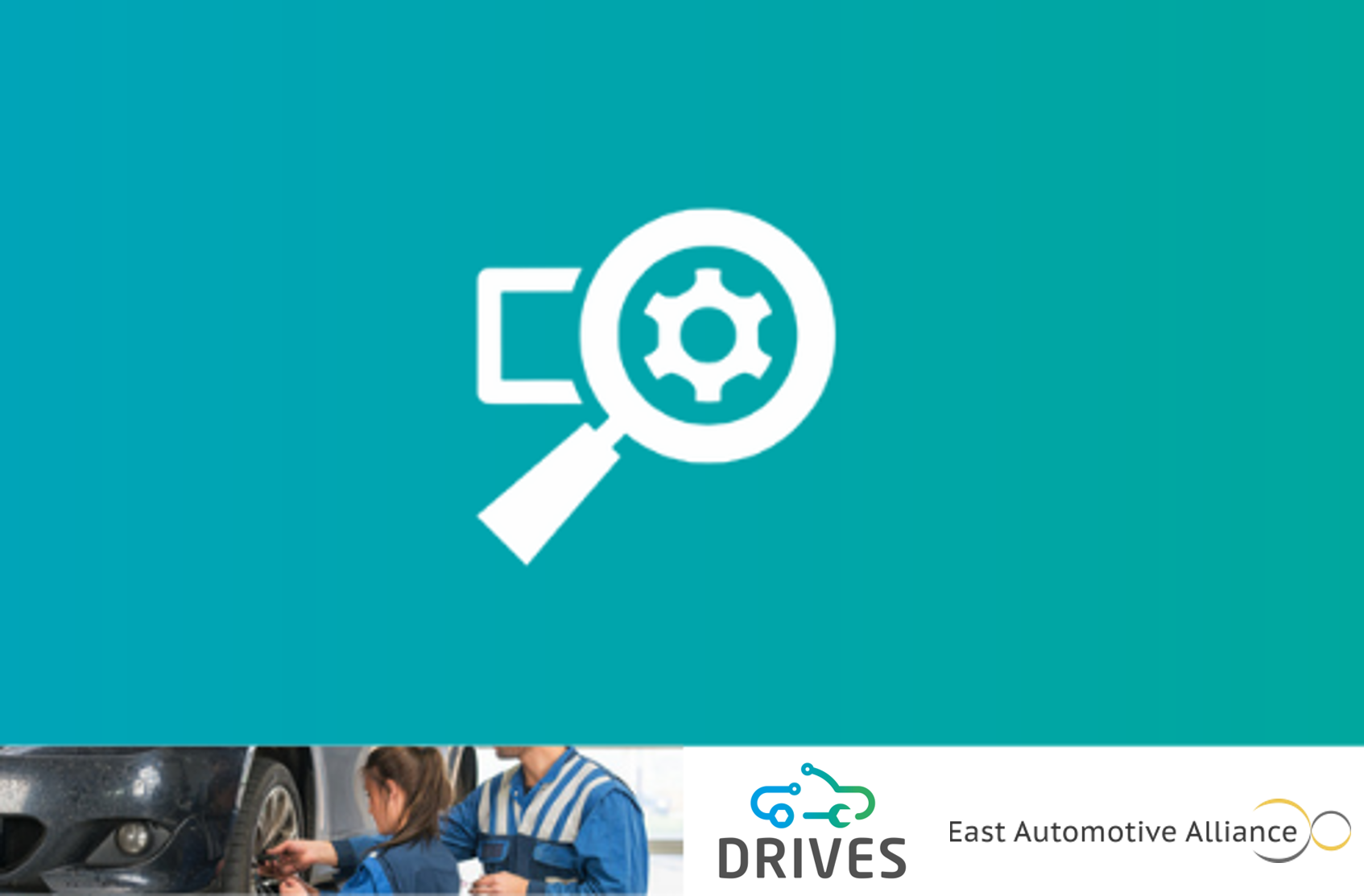
Predictive Maintenance Engineer
Gain the knowledge on how to collect special data from machines and rate their condition based on it.

Predictive Maintenance Technician
Join the course where you will find knowledge of the control, measurement and management of machine parameters and signals.

Predictive Maintenance Expert
Gain the knowledge, using modern algorithms, on how to recognize machine breakdown symptoms before they happen.
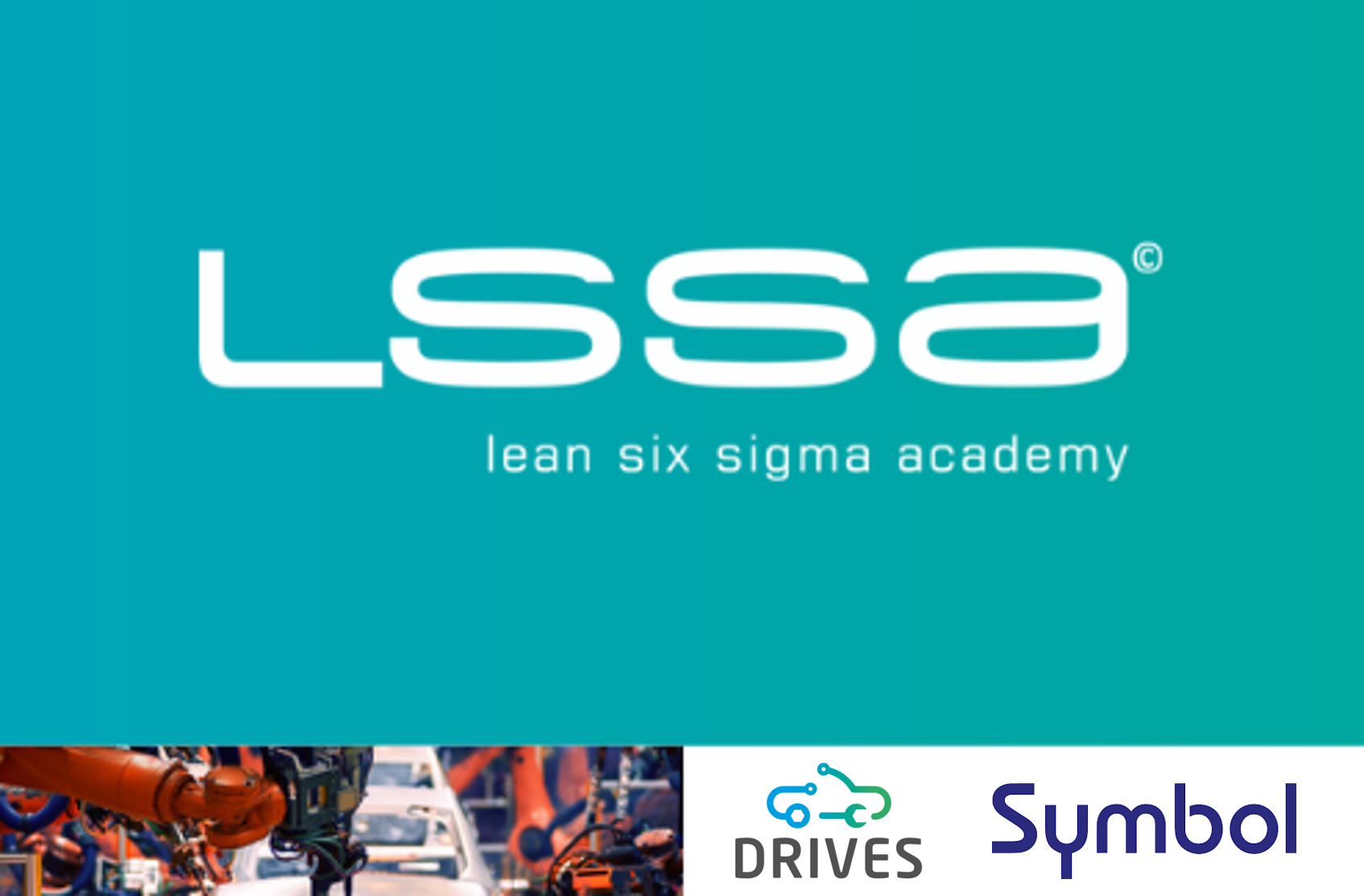
Introduction to Lean Six Sigma
This course offers a brief introduction to continuous improvement and how improvement methods like Lean and Six Sigma are supporting companies in the automotive industry to improve their processes and guarantee quality.
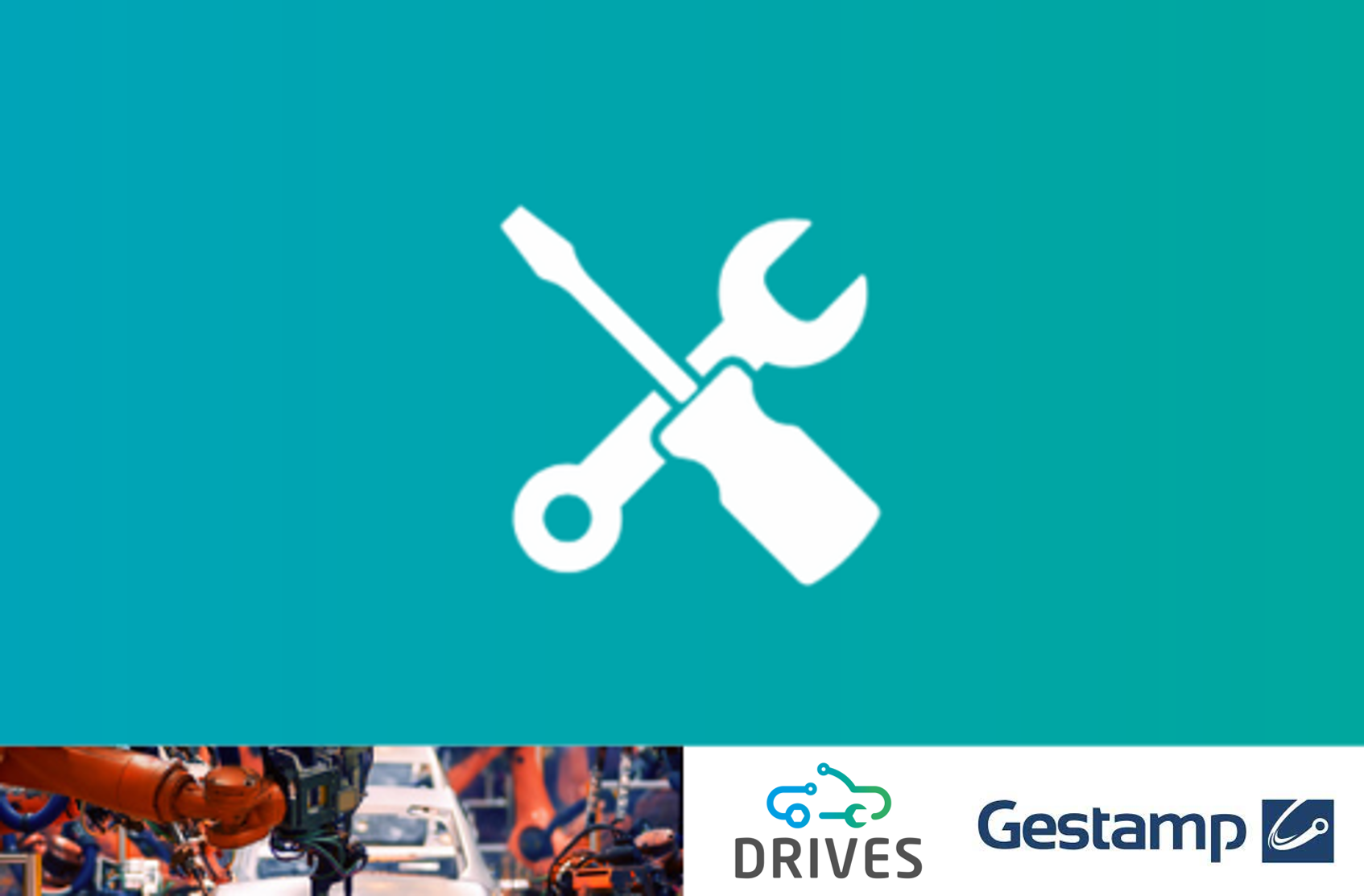
Automotive Engineer in Tool and Die Production and Maintenance
Dies are essential elements on the process of making the body and the chassis of a vehicle. There is a clear need to develop a job role that designs and build dies for the automotive industry. An Automotive Engineer in Tool and Die Production and Maintenance is responsible for making precision tools (jigs, molds and dies) , special guides and holding devices, which are then used in the manufacturing process to make products. An Automotive toolmaker makes the parts used on a car assembly line. To produce a die, the Automotive toolmaker will use 2D and 3D computer aided design and manufacturing software (CAD/CAM) to design it, and will use machinery (such as lathes, presses, milling machines and grinders) to produce it. A toolmaker’s job doesn’t stop once they’ve produced the tools though; they will then monitor these tools to identify, and implement, any necessary modification or repairs.
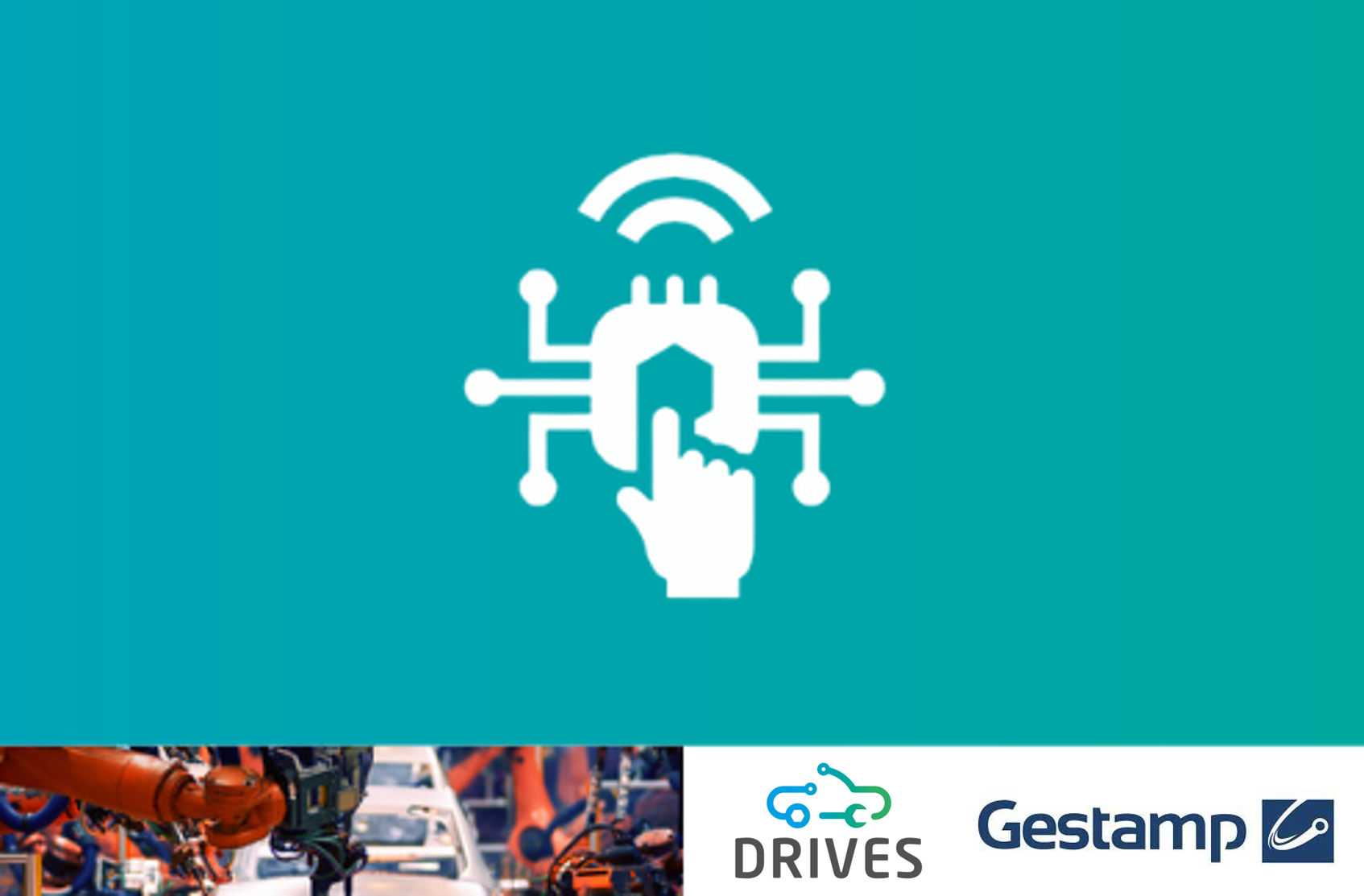
Automotive Engineer in Quality and Metrology
Metrology is the science of measurement. It establishes a common understanding of units, crucial in linking human activities. There is a clear need to develop job roles covering this topic in the automotive sector.

Functional Safety Manager - Strategic Level
The course will explain how to set up a functional safety policy and strategy, establish functional safety processes and create an understanding of the impact of functional safety in automotive development projects.

Automotive Engineering CAD, CAE, CAM Technician
All parts of a vehicle need to be drawn before they are produced; and, even more, before production, these parts need to be tested to confirm they are safe. CAD/CAE Technicians have a vital role in these activities.

ADAS/ADF Testing and Validation Engineer
Advanced Driver Assistance Systems (ADAS) are an essential part of autonomous vehicles. The automation of road vehicles and road transport is in a high focus in the last decade and it will be one of the most important development area in the next years. The course gives a general overview of connected and automated driving. It presents examples for automated in-vehicle functions and also the standardized SAE classification. It shows the development steps: simulation, laboratory, proving ground and public road testing and also the homologation, which has not yet been fully standardized.
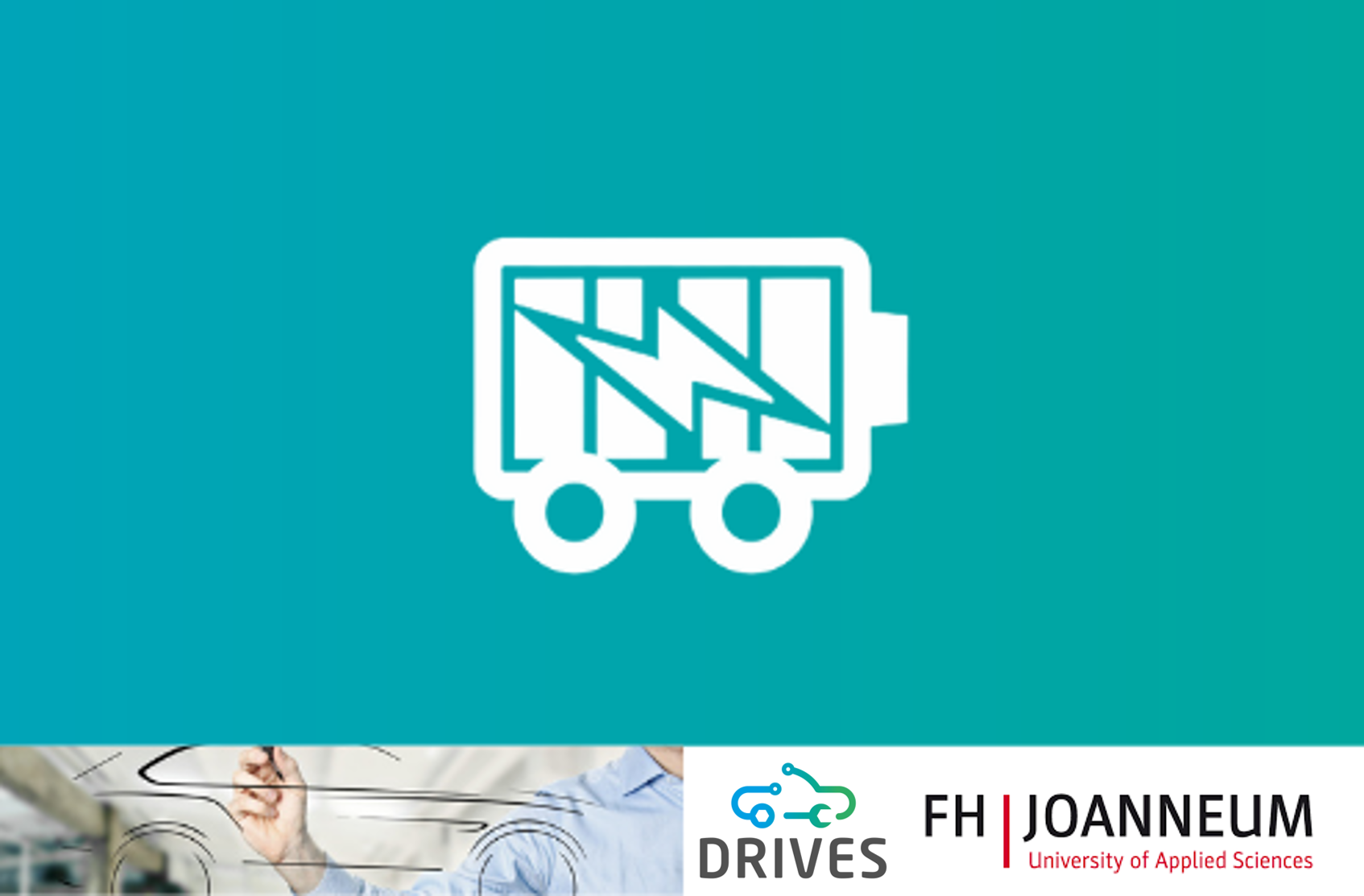
Advanced Powertrain Engineer
To master the upcoming change in powertrain solutions, development engineers need new knowledge and skills and different development methodologies. A strong cooperation between mechanical, electrical and chemical engineering has to be established, which requires a better mutual understanding than in past decades.
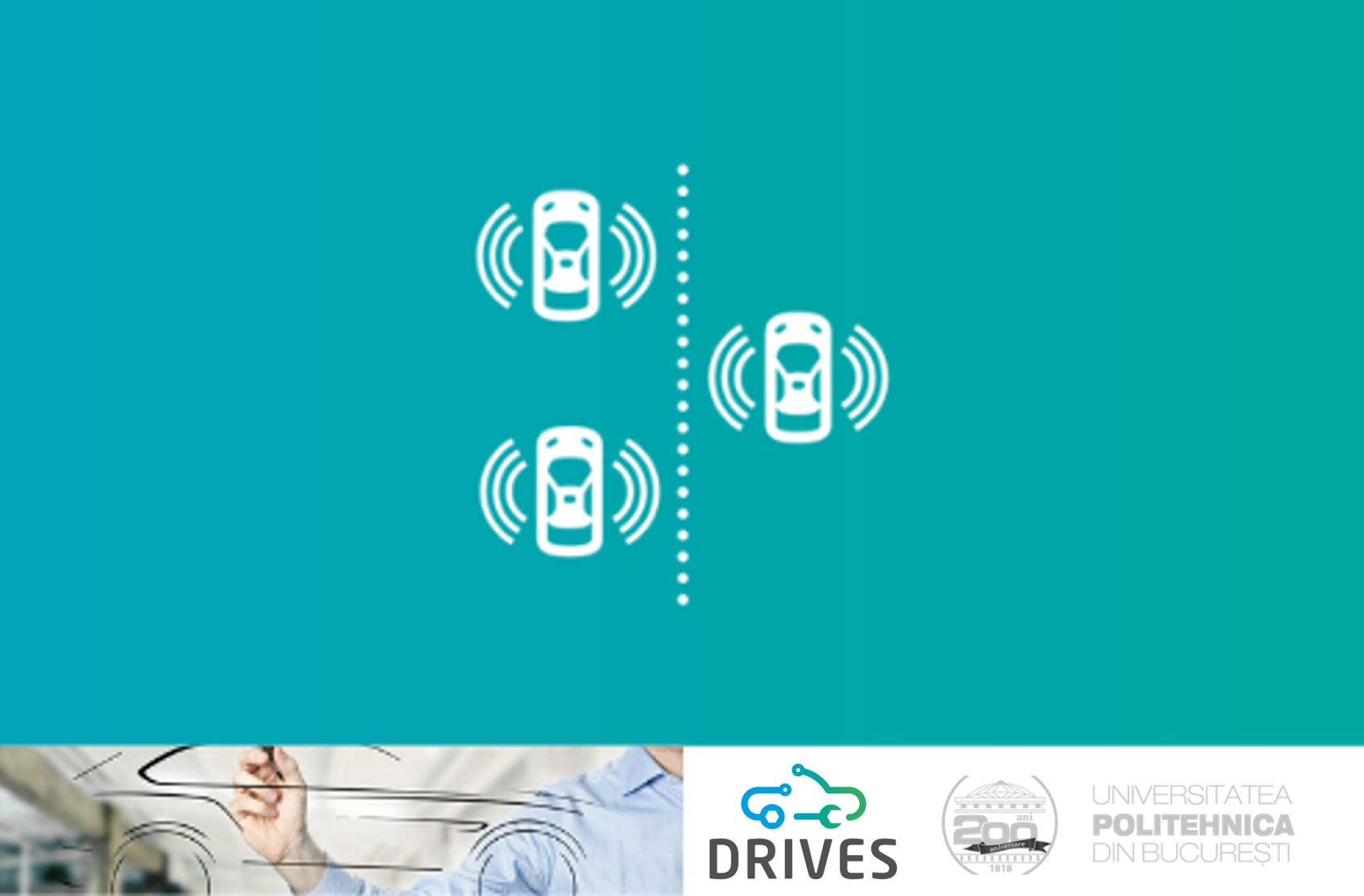
Connected Vehicles - Technician
In terms of providing a wider autonomy of the vehicles the design of new systems is important to cover the communications and the connections among vehicles as well as the connections with the infrastructure. The key of autonomous vehicles is to be connected with both vehicles and infrastructure.